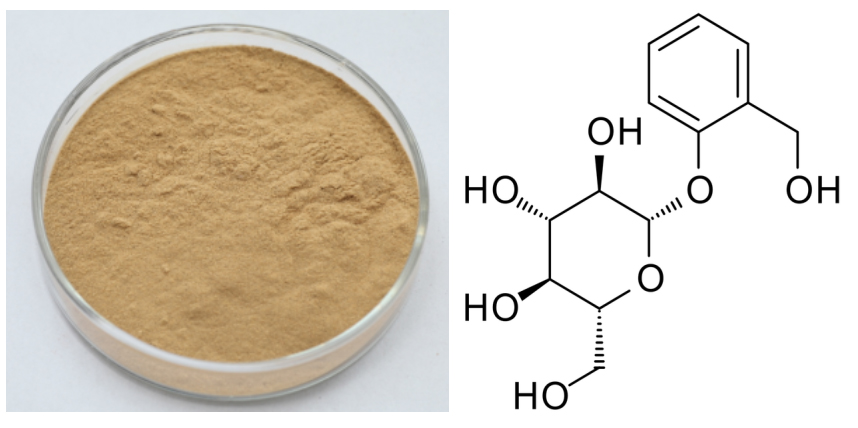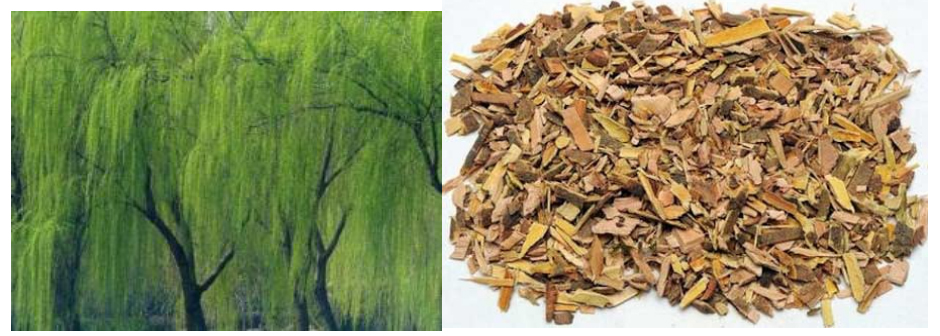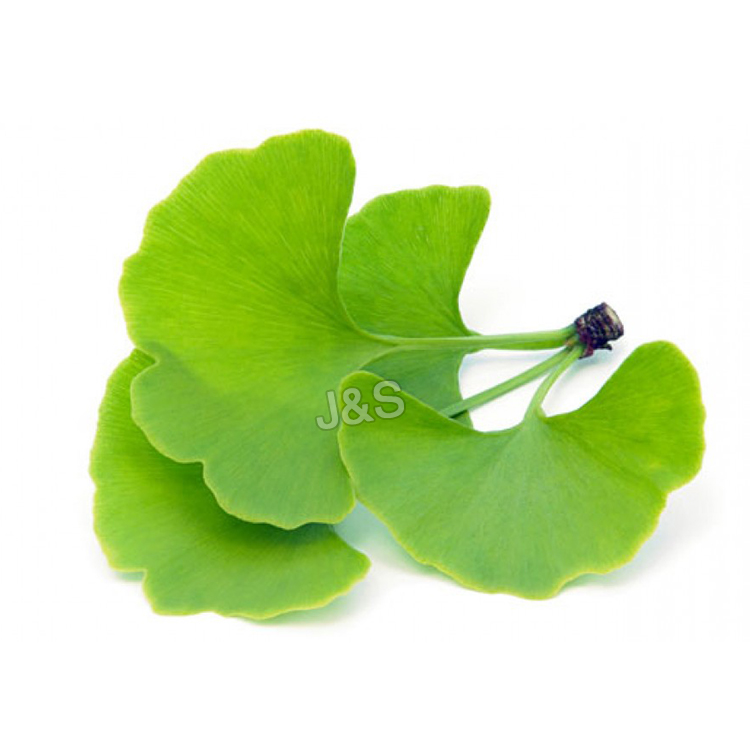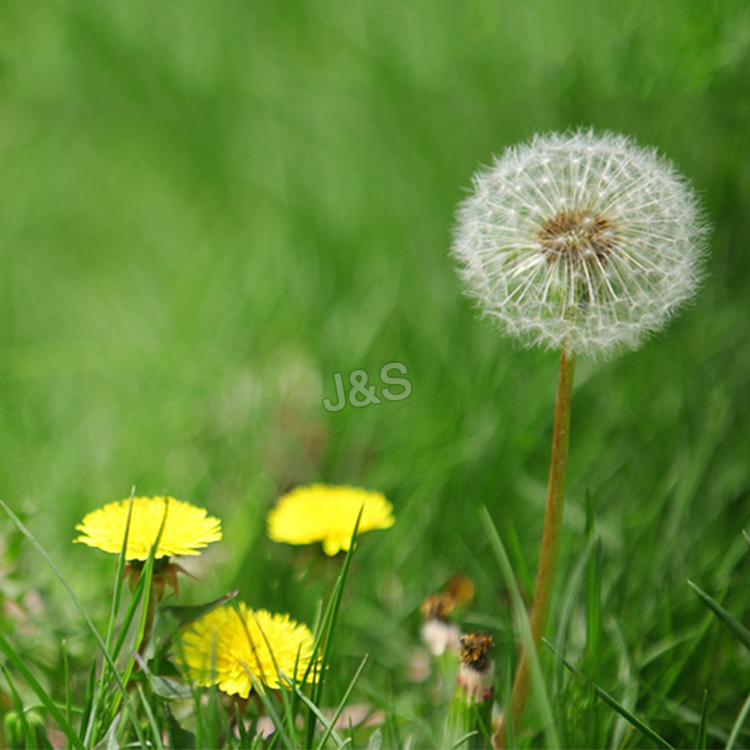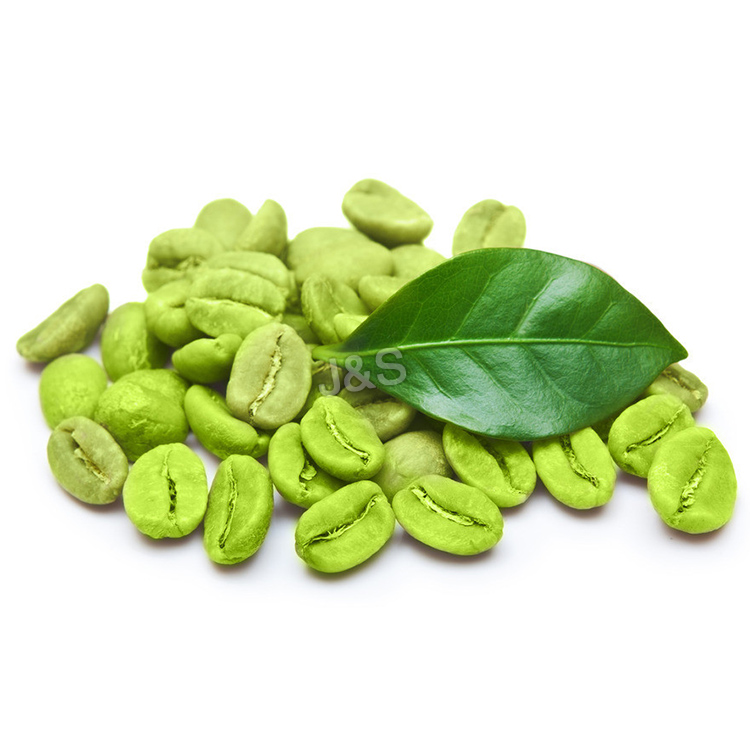Good Quality White Willow Bark Extract Factory for United Kingdom
Good Quality White Willow Bark Extract Factory for United Kingdom Detail:
[Latin Name] Salix alba L.
[Plant Source] from China
[Specifications] Salicin 15-98%
[Appearance] Yellow Brown to White powder
Plant Part Used: Bark
[Particle size] 80 Mesh
[Loss on drying] ≤5.0%
[Heavy Metal] ≤10PPM
[Storage] Store in cool & dry area, keep away from the direct light and heat.
[Shelf life] 24 Months
[Package] Packed in paper-drums and two plastic-bags inside.
[Net weight] 25kgs/drum
Brief Introduction
Salicin is a naturally occurring compound found in the bark of several species of trees, primarily North American in origin, that are from the willow, poplar, and aspen families. White willow, from whose Latin name, Salix alba, the term salicin is derived, is the most well known source of this compound, but it is found in a number of other trees, shrubs, and herbaceous plants as well being synthesized commercially. It is a member of the glucoside family of chemicals and is used as an analgesic and antipyretic. Salicin is used as a precursor for the synthesis of salicylic acid and acetylsalicylic acid, commonly known as aspirin.
A colorless, crystalline solid in its pure form, salicin has the chemical formula C13H18O7. Part of its chemical structure is equivalent to the sugar glucose, meaning it is classified as a glucoside. It is soluble, but not strongly so, in water and alcolhol. Salicin has a bitter taste and is a natural analgesic and antipyretic, or fever reducer. In large quantities, it can be toxic, and overdoses may lead to liver and kidney damage. In its raw form, it may be mildly irritating to skin, respiratory organs, and eyes.
Function
1. Salicin is used to ease pain and reduce inflammation.
2. Relieve acute and chronic pain, including headache, back and neck pain, muscle aches, and menstrual cramps; Control arthritis discomforts.
3. Relieve acute and chronic pain.
4. It has the same effect on the body as aspirin without any of the side effects.
5. It is an anti-inflammatory, a fever reducer, an analgesic, an anti-rheumatic, and an astringent. Specifically, it helps to relieve headaches.
Application
1.Anti-inflammatory, anti-rheumatic,
2.Reduce a fever,
3.Use as an analgesic and astringent,
4.Relieve headache,
5.Ease pain caused by rheumatism, arthritis, and carpal tunnel syndrome.
Product detail pictures:

Related Product Guide:
Adhering into the basic principle of "quality, assistance, effectiveness and growth", we have attained trusts and praises from domestic and worldwide client for Good Quality White Willow Bark Extract Factory for United Kingdom , The product will supply to all over the world, such as: Czech republic, Hungary, New Delhi, We supply skilled service, prompt reply, timely delivery, excellent quality and best price to our customers. Satisfaction and good credit to every customer is our priority. We focus on every detail of order processing for customers till they have received safe and sound items with good logistics service and economical cost. Depending on this, our products and solutions are sold very well in the countries in Africa, the Mid-East and Southeast Asia. Adhering to the business philosophy of ??customer first, forge ahead', we sincerely welcome clients from at home and abroad to cooperate with us.
https://SuccesswithTroyandDana.com
Sugar Blocker | F21 All Natural Sugar Blocker | Ludaxx Sugar Blocker Works!
F21 has been specifically formulated as an All Natural Sugar Blocker™ to help limit your blood sugar absorption. For every tablet of F21 you can block up to 10 grams of sugar (sucrose). Additionally, our patent pending formula not only helps promote weight loss, it benefits the digestive system by allowing the blocked sucrose to support beneficial probiotic bacteria while the polysaccharide (PSK) boosts your immune system response.
F21 Ingredients:
L-Arabinose, Coriolus Versicolor Polysacchride, Konjac-Mannan, Magnesium Stearate
Mint flavor: Menthol and Natural Colors.
Dr Rudi’s Story
“As a medical weight loss specialist, I am so excited to have access to products that supports what I have been telling my patients for years at a cost that is affordable. One of the biggest problems my clients face is convincing them to make changes in their lifestyle before they start seeing success, now with F21 and the other Ludaxx products, changes can begin to happen even before their lifestyle has changed.”
What is F21?
F21 is a delicious tasting tablet that is half the sweetness of sugar which helps block sugar absorption into the bloodstream as well as supporting beneficial probiotics within your digestive system! It is also an antioxidant that will boost your immune system response…
Cameron’s Story
“I decided to join Ludaxx after I started seeing my friends and family that were using F21 begin to experience better health including weight loss. Even though the need to lose weight is not an issue that I am facing, knowing that every gram of F21 can block up to twenty grams of Sucrose makes me feel less worried that weight will ever be an issue for me.”
F21 has been formulated to help limit your blood sugar absorption and control further weight gain. For every gram of L-Arabinose, F21 blocks up to 20 grams of sugar (sucrose) by inhibiting the enzyme called sucrase. Our digestive system will also receive the benefits of F21 to feed probiotic bacteria. With our powerful polysaccharides (PSK) to support the immune system response and protect against further free radical damage, we present you the product of the future. *
* These statements have not been evaluated by the Food and Drug Administration (FDA). This product is not intended to diagnose, prevent, mitigate, treat or cure disease.
Ingredients
L-Arabinose, Coriolus versicolor polysaccharide,
Other Ingredients
Konjac-Mannan, Magnesium Stearate
Help us share the power of the F21 with others…
Thanks, Troy & Dana
904-591-5413
https://successwithtroyanddana.com
SUGAR BLOCKER
BLOCK SUGAR
LUDAXX SUGAR BLOCKER
LUDAXX F21
SUGAR BLOCKERS
[diabetes]
[glucose]
[diabetic diet]
[type 2 diabetes]
[blood sugar levels]
[glucose levels]
[low blood sugar]
[what is diabetes]
[normal blood sugar levels]
[low blood sugar symptoms]
[blood sugar]
[blood glucose levels]
[high blood sugar]
[normal blood sugar]
[blood sugar levels chart]
[symptoms of low blood sugar]
[high blood sugar symptoms]
[normal glucose levels]
[fasting blood sugar]
[blood sugar chart]
[symptoms of high blood sugar]
[blood glucose]
[normal blood glucose levels]
[how to lower blood sugar]
Fill your spice grinder with raw, uncooked pumpkin seeds — preferably washed and dried — until it is halfway or three-fourths full, at maximum. If your grinder has fineness settings, set it to its finest consistency. pumpkin seeds grind well (wash well and sun dry for 1 day)
sieve the pumpkin seeds powder,transfer back the remaining amount into mixer and grind again.
Seal the airtight container and store your pumpkin seed protein powder in the refrigerator for maximum shelf life.
Pumpkin seeds have a well-earned reputation as a tasty, easy-to-make snack, but they also pack plentiful health benefits; these crunchy seeds feature significant amounts of magnesium, zinc, omega-3s, antioxidants, fiber and, of course, protein. pumpkin seed protein powder offers a cost-effective homemade alternative that lends itself to smoothies and baked goods alike.
The customer service reprersentative explained very detailed, service attitude is very good, reply is very timely and comprehensive, a happy communication! We hope to have a opportunity to cooperate.
